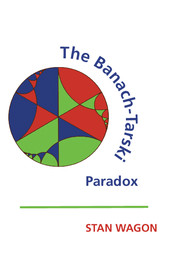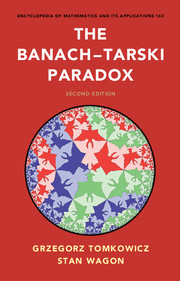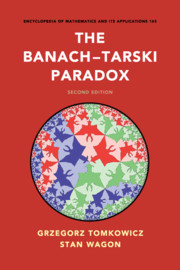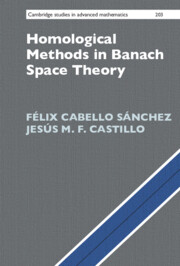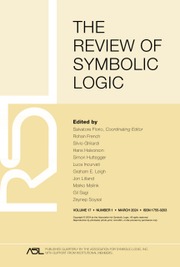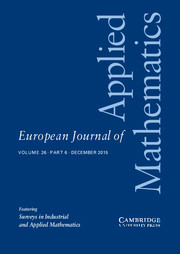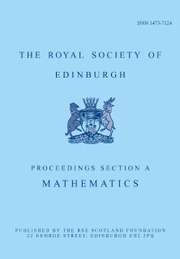The Banach-Tarski Paradox
The Banach–Tarski paradox is a most striking mathematical construction: it asserts that a solid ball may be taken apart into finitely many pieces that can be rearranged using rigid motions to form a ball twice as large as the original. This volume explores the consequences of the paradox for measure theory and its connections with group theory, geometry, and logic. It unifies the results of contemporary research on the paradox and presents several new results including some unusual paradoxes in hyperbolic space. It also provides up-to-date proofs and discusses many unsolved problems.
Reviews & endorsements
' … a readable and stimulating book.' Ward Henson, American Scientist
' … packed with fascinating and beautiful results.' R. J. Gardner, Bulletin of the London Mathematical Society
' … this beautiful book is written with care and is certainly worth reading.' Wlodzimierz Bzyl, Mathematical Reviews
'In 1985 Stan Wagon wrote The Banach-Tarski Paradox, which not only became the classic text on paradoxical mathematics, but also provided vast new areas for research. The new second edition, co-written with Grzegorz Tomkowicz, a Polish mathematician who specializes in paradoxical decompositions, exceeds any possible expectation I might have had for expanding a book I already deeply treasured. The meticulous research of the original volume is still there, but much new research has also been included.' John J. Watkins, MAA Reviews
Product details
July 2013Adobe eBook Reader
9781107107892
0 pages
0kg
This ISBN is for an eBook version which is distributed on our behalf by a third party.
Table of Contents
- Part I. Paradoxical Decompositions, or the Nonexistence of Finitely Additive Measures:
- 1. Introduction
- 2. The Hausdorff Paradox
- 3. The Banach–Tarski Paradox: duplication spheres and balls
- 4. Locally commutative actions: minimizing the number of pieces in a paradoxical decomposition
- 5. Higher dimensions and non-Euclidean spaces
- 6. Free groups of large rank: getting a continuum of spheres from one
- 7. Paradoxes in low dimensions
- 8. The semi-group of equideomposability types
- Part II. Finitely Additive Measures, or the Nonexistence of Paradoxical Decompositions:
- 9. Transition
- 10. Measures in groups
- 11. Applications of amenability: Marczewski measures and exotic measures
- 12. Growth conditions in groups and supramenability
- 13. The role of the axiom of choice.

